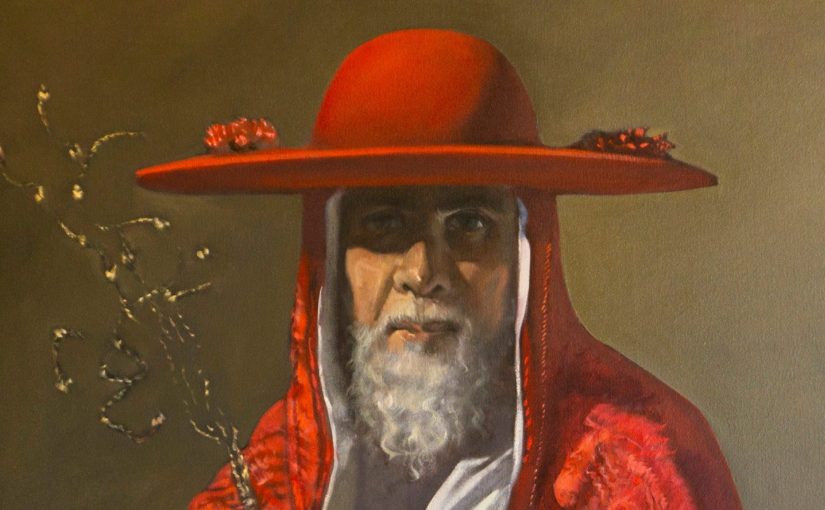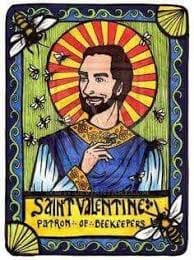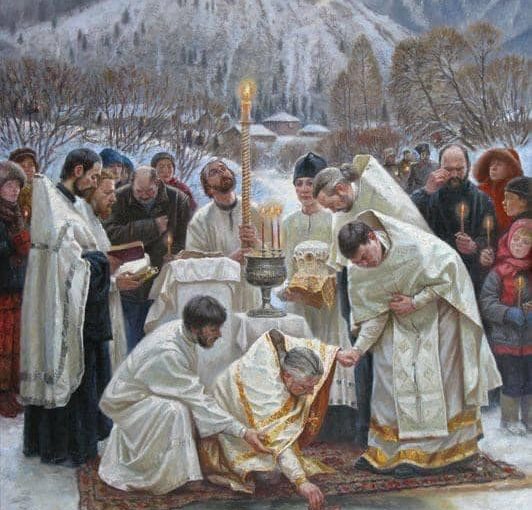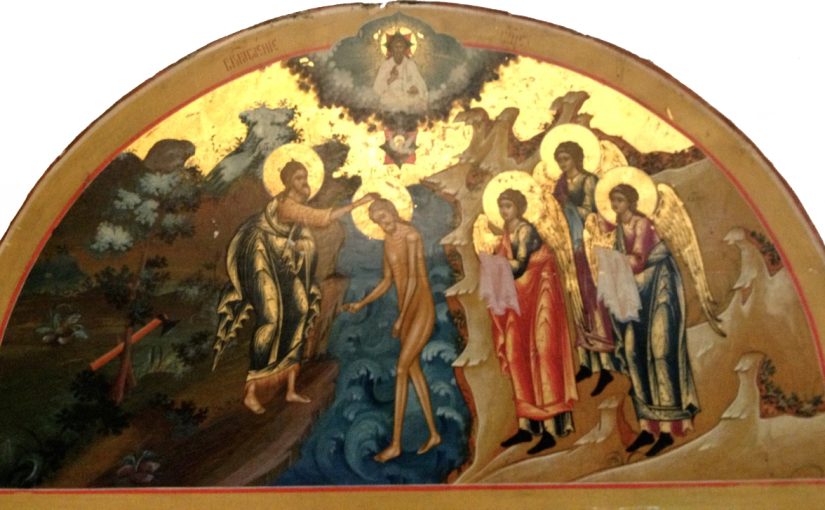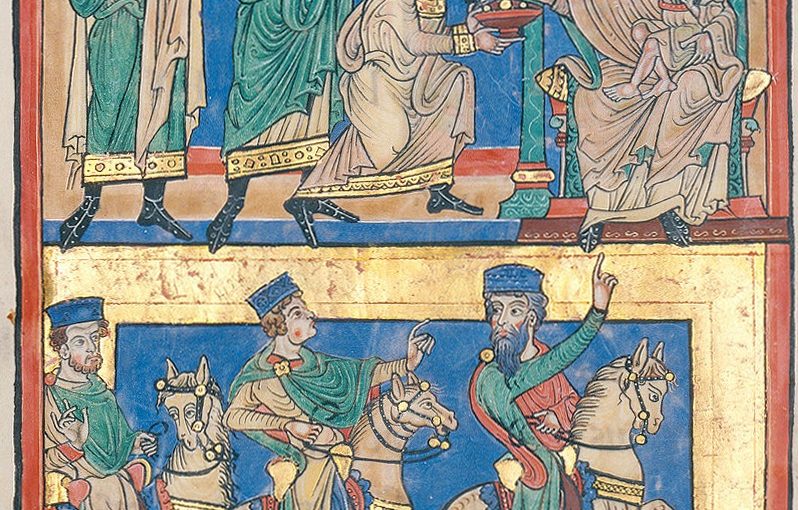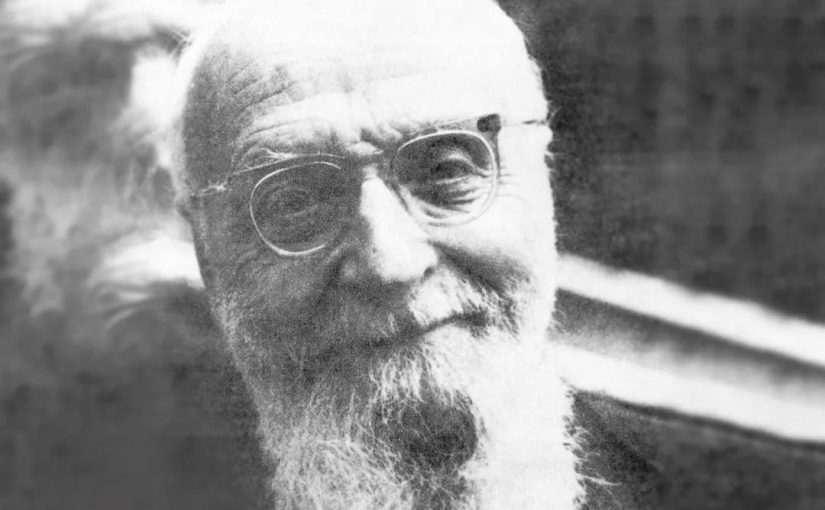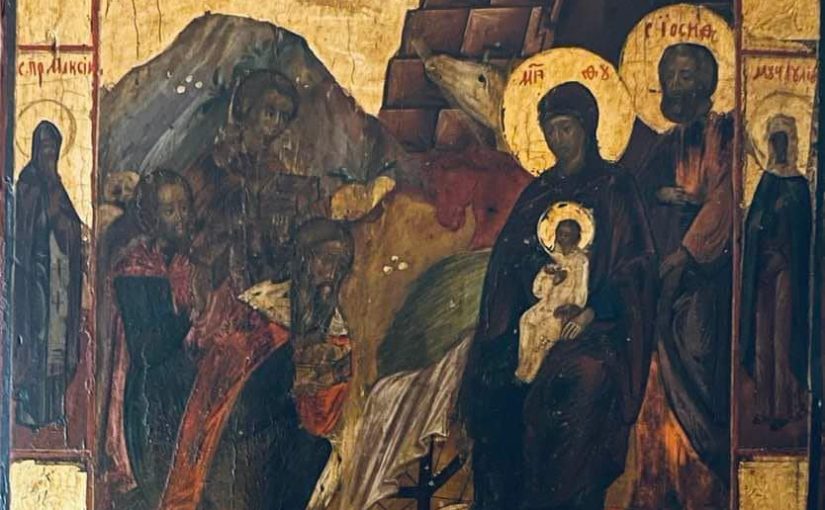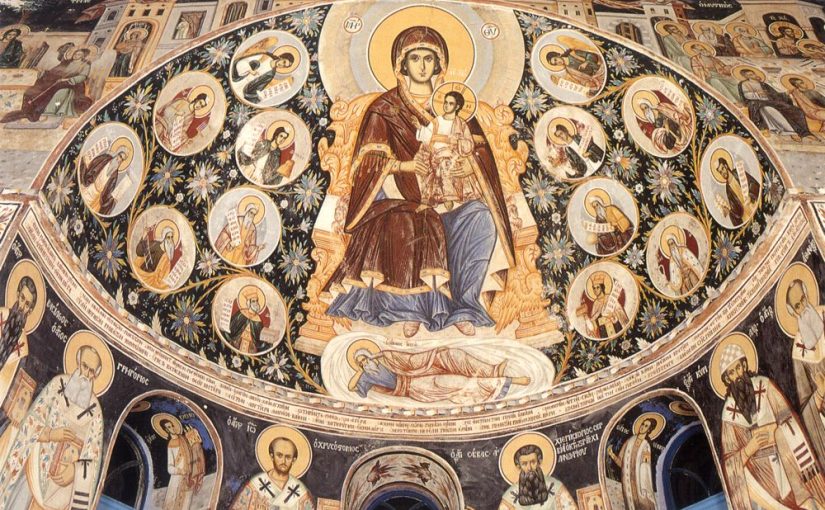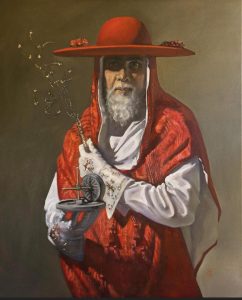 Today is the feast of the fascinating Saint Peter Damian, monk, theologian, bishop and doctor of the Church. He was a reluctant abbot of his community; by 1057 Stephen IX twisted Peter’s arm hard enough for him to give up his monastic desert and made him Cardinal-bishop of Ostia. Never could Peter give up church governance.
Today is the feast of the fascinating Saint Peter Damian, monk, theologian, bishop and doctor of the Church. He was a reluctant abbot of his community; by 1057 Stephen IX twisted Peter’s arm hard enough for him to give up his monastic desert and made him Cardinal-bishop of Ostia. Never could Peter give up church governance.
One Peter’s biographers writes:
“St. Peter Damian fought simony with great vigor, and equally vigorously upheld clerical celibacy; and as he supported a severely ascetical, semi-eremitical life for monks, so he was an encourager of common life for the secular clergy. He was a man of great vehemence in all he said and did; it has been said of him that “his genius was to exhort and impel to the heroic, to praise striking achievements and to record edifying examples…an extraordinary force burns in all that he wrote”. In spite of his severity, St. Peter Damian could treat penitents with mildness and indulgence where charity and prudence required it.” Not what you hear too often. We need confessors to be better of their craft: mild, charitable, smart, AND prudent! St Peter, helps us.
My friend J. Michael Thompson wrote this hymn for the feast.
1. Preach the Word! Proclaim the Kingdom!
Whether welcome or disdained,
Tell the world of Jesus’ coming—
Patiently proclaim His Name!
2. When sound teaching is deserted,
When all novelties are sought,
When the Truth is scorned for fables,
Then this lesson must be brought:
3. Bravely work in face of trials;
Make the Lord’s Good News your life!
Serve the Lord by serving others,
Faithful bide through ev’ry strife.
4. Thus Saint Peter, in his teaching,
Sought to follow Paul’s command.
Hearing him, we seek to follow,
Holding to the Master’s hand.
5. Glory be to God the Father,
Glory be to God the Son,
Glory be to God the Spirit:
Ever Three and ever One!
J. Michael Thompson,
Copyright © 2010,
World Library Publications
